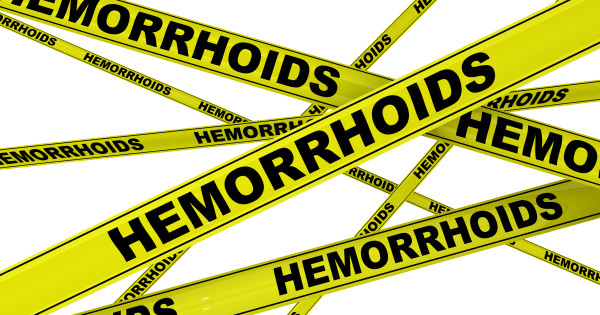
Everything in our body has a specific name. Every bone, each type of connective tissue, the different types of cell, each type of vein – all of it. And while the average joe may not know where a median cubital or a popliteal vein is located, if you ask anybody where the hemorrhoidal vein is… they’re going to know exactly where it’s located.
What causes a hemorrhoid?
The hemorrhoidal veins are located in the lowest part of the rectum and anus, and when they become swollen, you have hemorrhoids. While doctors aren’t certain of the exact cause, the general consensus seems to be that some folks just have “weak” veins. This makes them more prone to things like hemorrhoids and varicose veins. Additionally, there is a definite correlation between hemorrhoids and extreme abdominal pressure. What kinds of pressure? The kind caused by:
- Pregnancy
- Chronic diarrhea or constipation
- Obesity
- Straining too hard during bowel movements
- Sitting on the toilet for extended periods of time
- Sneezing or coughing very hard
- Vomiting
- Not breathing correctly during times of physical exertion
- Anal intercourse
- Low-fiber diet
What are the symptoms of hemorrhoids?
Your symptoms will depend on the type of hemorrhoid you have. They can be internal or external! You don’t typically feel internal ones, and the only indication that they’re there would be bleeding. External hemorrhoids are the ones that hurt. Symptoms of external hemorrhoids include:
- Intense itchiness
- Pain and irritation
- A swollen, painful lump
- Anal leakage
- Pain during bowel movements
- Blood after wiping
There are some complications from hemorrhoids if they get too out of hand. A blood clot could develop in the swollen vein, or you may lose enough blood over time to have an iron deficiency. Also, there are other things that cause anal bleeding that should be ruled out by a professional. Don’t assume that it’s only hemorrhoids – have your doctor take a look, or come to an urgent care, just to be on the safe side.
How to treat hemorrhoids?
The one good thing about hemorrhoids is that they are usually easy to treat. There are plenty of over-the-counter options for the pain and itching associated with hemorrhoids. Soaking in a tub of warm water will ease some of the pain as well. And you’ll definitely want to increase your fiber and water intake. Doing so will make your bowel movements easier. When it comes to hemorrhoids, you want to strain as little as possible until they clear up.
